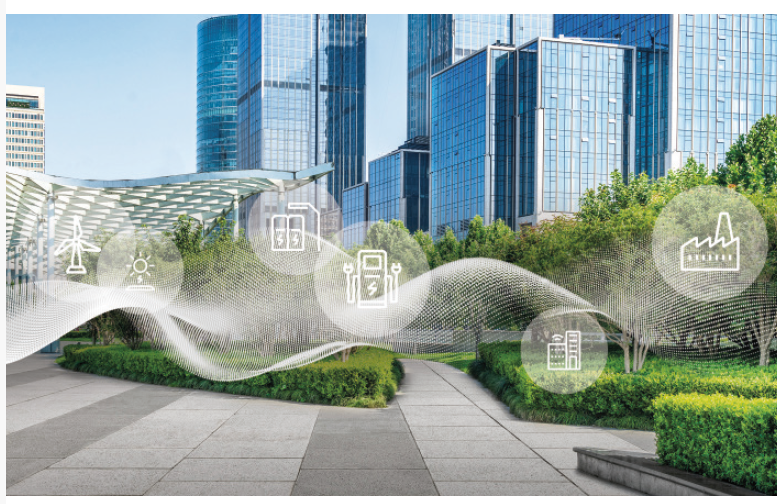Transportation
CrateDB helps innovate in transportation with real-time data analysis for route optimization, vehicle tracking, and demand forecasting. Its scalable architecture and predictive capabilities enhance efficiency, reduce congestion, and ensure timely delivery, empowering transportation companies to optimize operations, improve service quality, and enhance customer satisfaction.
Route optimization
Real-time Traffic Analysis: CrateDB can be used to analyze real-time data on traffic conditions, road closures, and congestion levels from various sources such as GPS devices, traffic cameras, and traffic sensors. By processing this data, CrateDB identifies optimal routes for vehicles, considering factors like travel time, distance, and road conditions.
Dynamic Route Adjustments: CrateDB enables transportation companies to make dynamic adjustments to routes based on changing conditions, such as accidents, construction, or weather events. By continuously monitoring and analyzing data, CrateDB provides up-to-date information to drivers and dispatchers, allowing them to reroute vehicles in real-time to avoid delays and optimize efficiency.

Vehicle tracking and fleet management
Real-time Location Monitoring: CrateDB collects and analyzes real-time data on the location and status of vehicles using GPS tracking devices and telematics systems. By processing this data, CrateDB provides transportation companies with visibility into the whereabouts of their vehicles, enabling them to track deliveries, monitor driver behavior, and optimize fleet operations.
Performance Analytics and Maintenance Scheduling: CrateDB analyzes data on vehicle performance metrics such as fuel consumption, engine health, and maintenance history. By identifying trends and patterns in this data, CrateDB helps transportation companies optimize vehicle maintenance schedules, predict potential issues before they occur, and ensure fleet reliability and efficiency.

Demand forecasting and supply chain management
Historical Data Analysis: CrateDB analyzes historical data on passenger or cargo demand, market trends, and supply chain logistics to identify patterns and trends. By understanding past demand patterns and market dynamics, CrateDB helps transportation companies forecast future demand more accurately.
Predictive Analytics: Leveraging advanced analytics techniques, such as machine learning algorithms, CrateDB predicts future transportation needs based on historical data and external factors such as economic indicators and seasonal trends. By incorporating predictive models into supply chain planning, CrateDB helps transportation companies optimize resource allocation, improve inventory management, and enhance service levels.

[Talk] Smart Transport: How IoT Platforms Contribute for Real-Time E-Scooters Fleet Management
[Talk] Smart Transport: How IoT Platforms Contribute for Real-Time E-Scooters Fleet Management

ABB's OPTIMAX® Cloud for Smart Charging is a state-of-the-art power management system designed for EV charging stations and heavy vehicle depots in the logistics and bus industries. It provides smart load management for ABB and non ABB EV chargers, and integrates with external assets like battery storages, PV systems, and interfaces to grid operators’ systems.
"CrateDB is a critical piece of our OPTIMAX® Cloud platform. Its ability to handle vast amounts of time-series data from diverse sources, while delivering real-time insights, has allowed us to scale our operations seamlessly. With CrateDB, we’ve empowered our customers with smarter energy management, reduced costs, and supported a more sustainable future."
Christian Kohlmeyer
Product Owner Mobility & Sites
ABB


"Thanks to CrateDB's great indexing, dedicated data types, and subsequent great performance, we could execute an event and data-driven architecture, with the performance and scalability necessary for storing time-series data over time. The SQL query syntax capability of CrateDB also played a part in achieving this great outcome, as it made it easy for the team to write good performing queries using existing know-how. CrateDB is now an integral part of our big data streaming architecture and it is delivering as promised."
Kristoffer Axelsson
Principal Solution Architect
Thomas Concrete Group


"Most of the cars in our customers' fleets are in use almost 24 hours a day, and we need to store and analyse the massive amounts of data they generate in real time. We tried a few different SQL and NoSQL databases, and CrateDB offered the best combination of high performance, scalability and ease of use."
Mark Sutheran
Founder
Clickdrive.io
